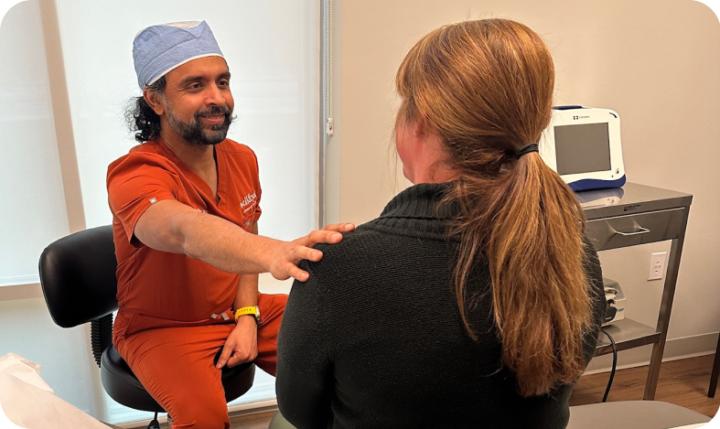Is PCS a Vascular Condition? Jacksonville’s Expert Answers

If you’ve heard the term “Pelvic Congestion Syndrome” (PCS), you might wonder: is PCS a vascular condition? For women in Jacksonville, North Florida, and the First Coast, understanding the root cause of PCS is key to finding the right treatment. Let’s explore what makes PCS a vascular disorder and why this matters for your care.
PCS: A Vascular Disorder Explained
PCS is indeed a vascular condition. It occurs when veins in the pelvic area become enlarged and twisted, similar to varicose veins in the legs. Damaged vein valves allow blood to pool, increasing pressure and causing pain.
How Vascular Issues Cause PCS Symptoms
- Vein enlargement: Weak valves cause veins to stretch and bulge.
- Blood pooling: Poor circulation leads to chronic pain and heaviness.
- Inflammation: Swollen veins can irritate surrounding tissues.
Why Vascular Expertise Matters
Treating PCS requires knowledge of the vascular system. Vascular specialists and interventional radiologists in Jacksonville use advanced imaging and minimally invasive procedures to target the affected veins directly.
Symptoms of PCS as a Vascular Condition
- Dull, aching pelvic pain
- Heaviness or pressure, especially after standing
- Visible varicose veins in the vulva or thighs
- Pain during or after intercourse
If you notice these symptoms, seek a vascular expert for proper evaluation.
Local Resources in Jacksonville and the First Coast
Jacksonville clinics offer:
- Board-certified vascular specialists
- Advanced diagnostic imaging (ultrasound, MRI)
- Minimally invasive treatments like vein embolization
Conclusion
So, is PCS a vascular condition? Absolutely. Understanding this helps guide the most effective treatment. If you’re in Jacksonville or the First Coast, book your consultation with our vascular experts for answers and relief.